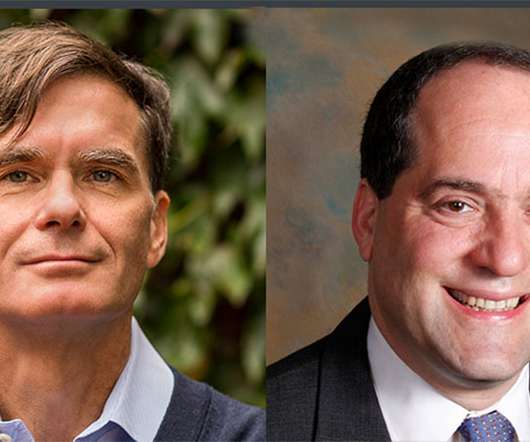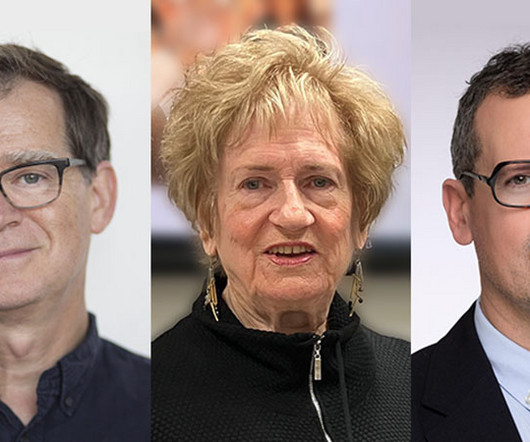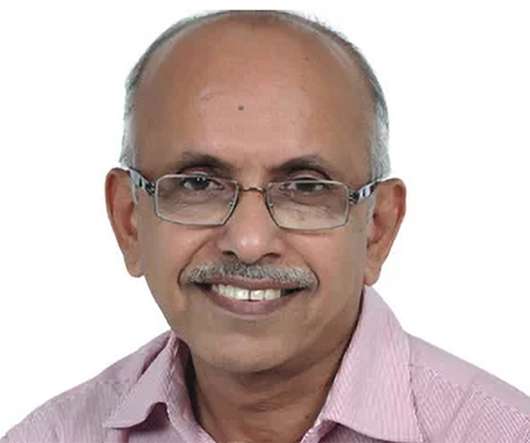Storycatching: Podcast with Heather Coats and Thor Ringler
GeriPal
DECEMBER 8, 2022
Our loves, our triumphs, our failures, our work, our families. . So I think as palliative care clinicians, we use narrative as we try to understand more about the persons that we’re caring for and their families. Been in the hospital four times, vented, been told the story to her family, she won’t live.



















Let's personalize your content